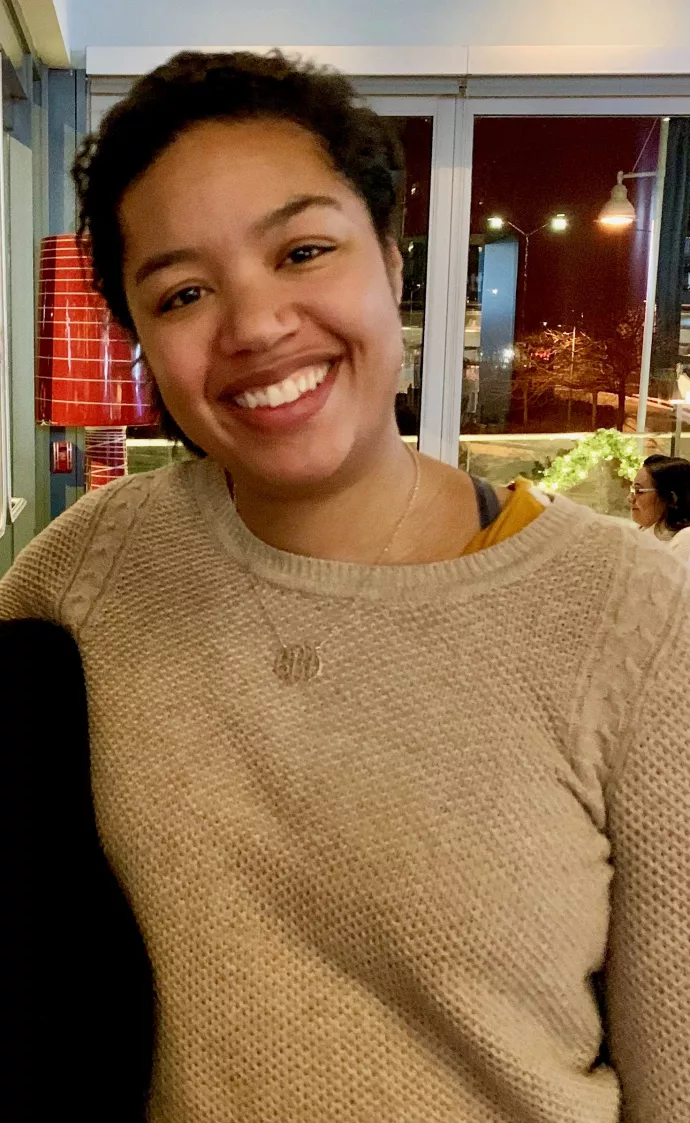
Parasitism risk and infection alter host dispersal
Another great paper from McCauley Lab
Parasitism risk and infection alter host dispersal
"One potentially effective way of avoiding parasites that are clumped in space (i.e., common in some areas, not present in others), is to move away and go to a new habitat with no, or fewer, parasites. The process of moving between habitats is called “dispersal”. In this study, Celina Baines and Salma Diab from the McCauley lab, conducted a series of experiments which showed that a species of backswimmer (semi-aquatic insects) often fail to use this strategy, and that the fault lies with the parasites: organisms that are infected by parasites become poor dispersers and can get trapped in their parasite-infested habitats. The authors tested these findings in a natural setting: they individually marked backswimmers in an artificial pond array, and tracked them to see if they stayed in their home pond or moved (dispersed) to new ponds. They found that backswimmers in ponds with parasites seemingly get “trapped”. These findings shed new light on the interactions between parasites and their hosts, helping us understand things like how parasites spread across space, and what drives spatial variation in parasite abundance." (Celina Baines PhD, currently PDF @McGill University)
